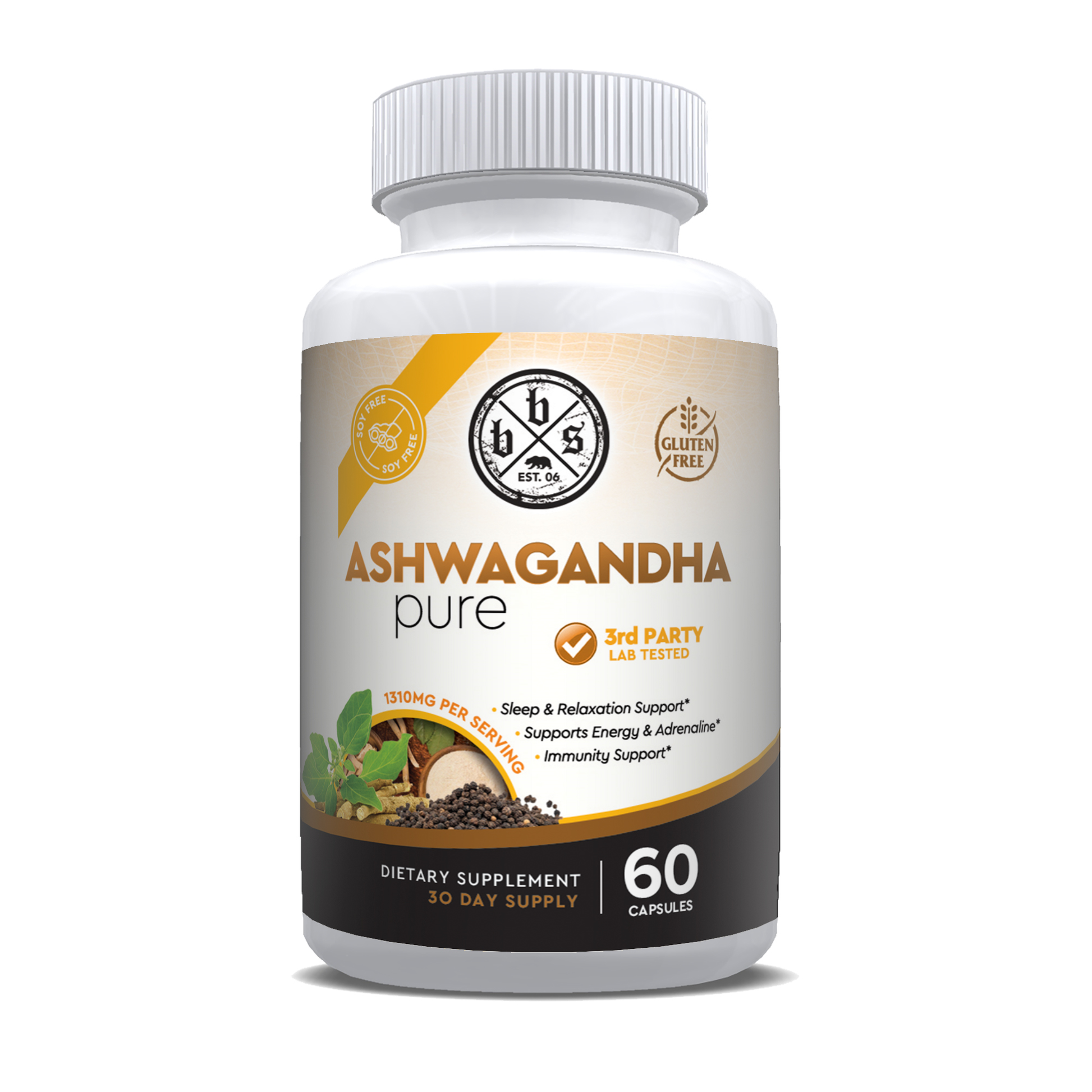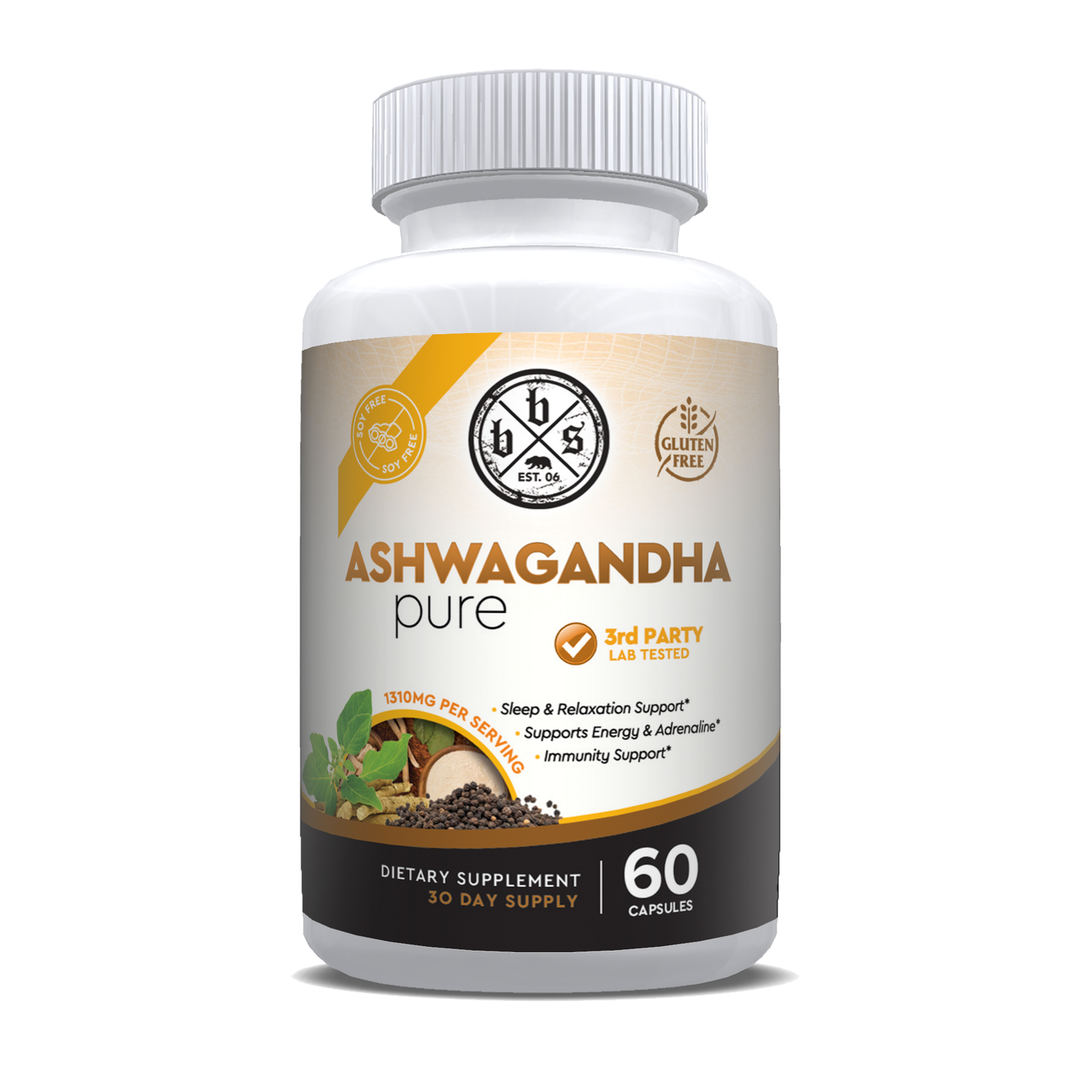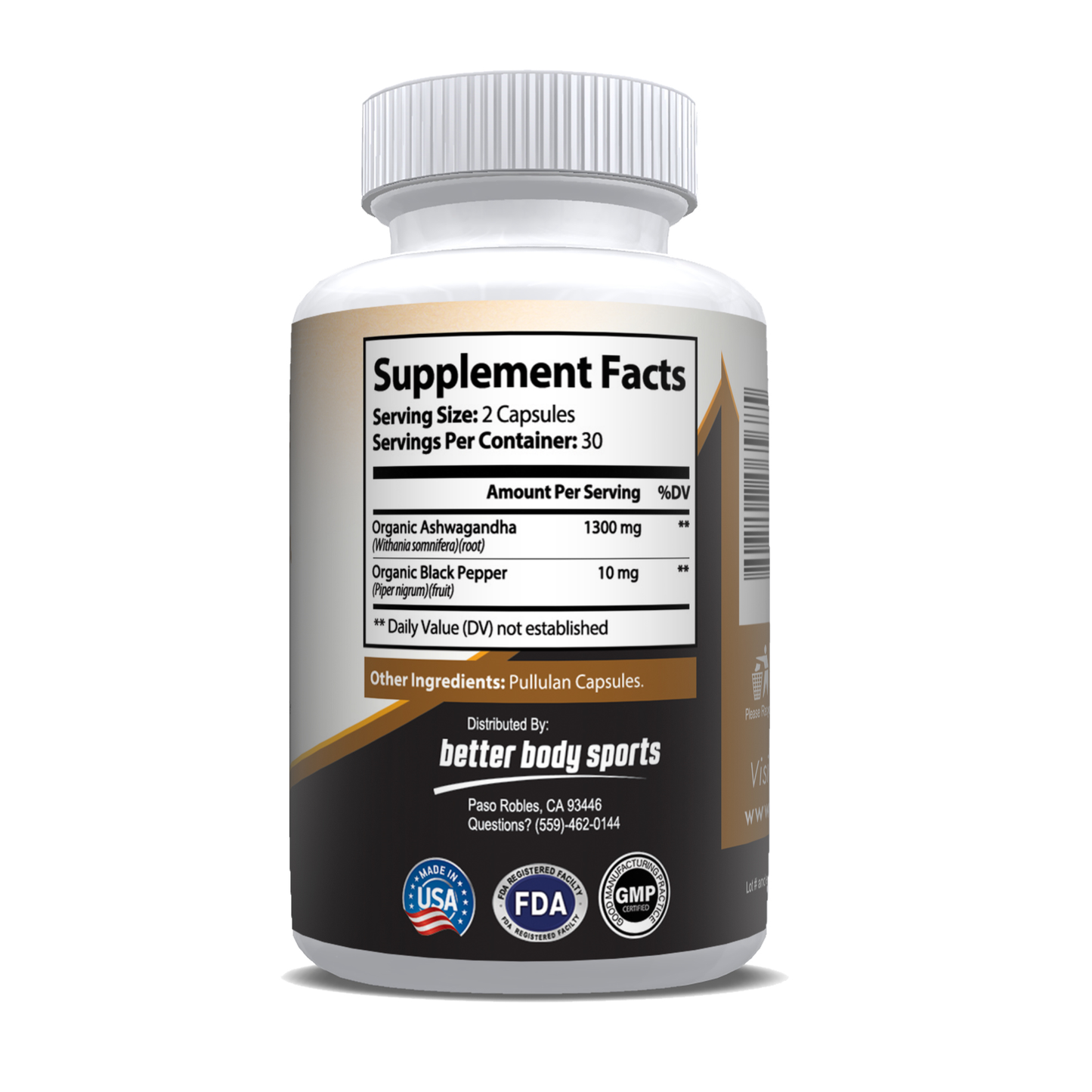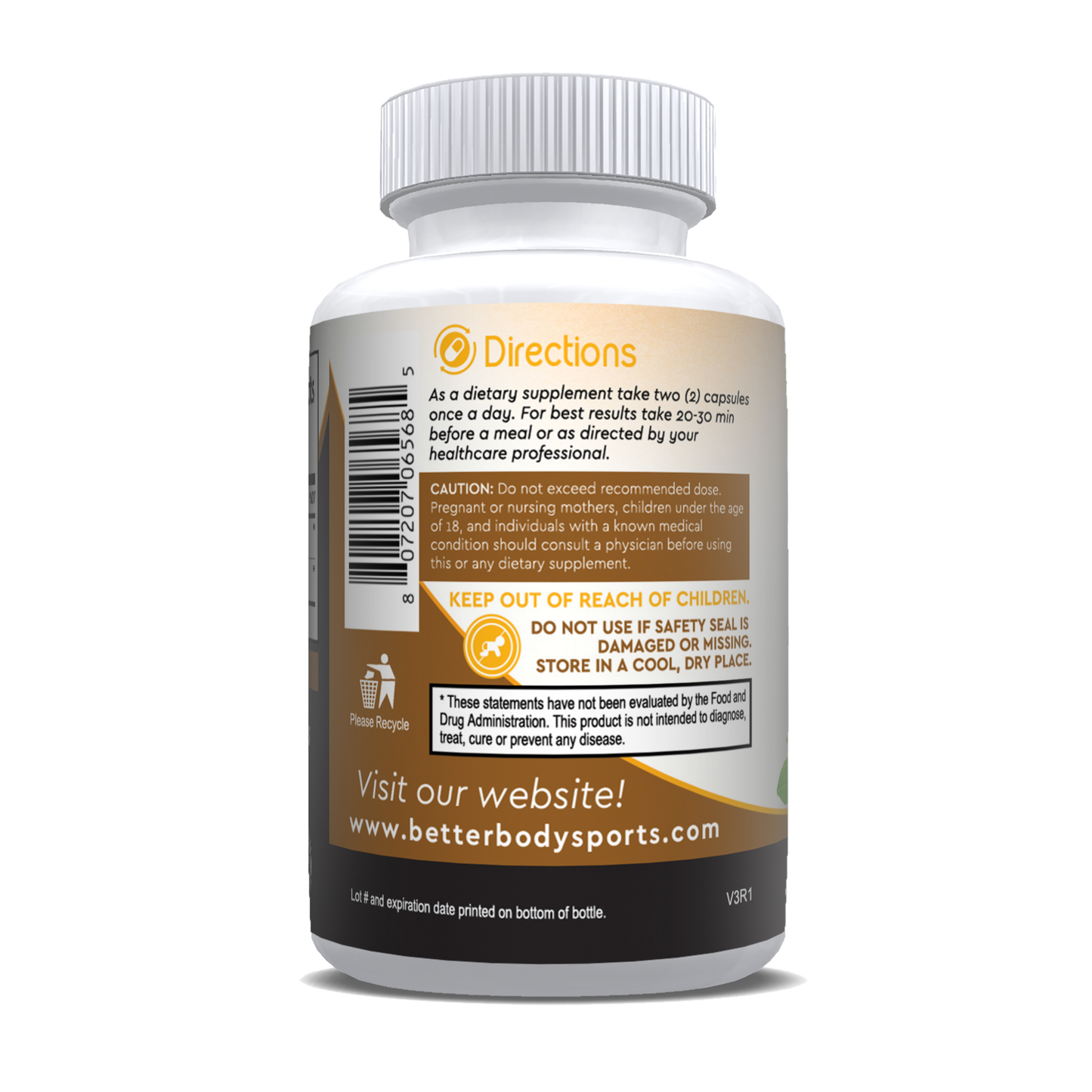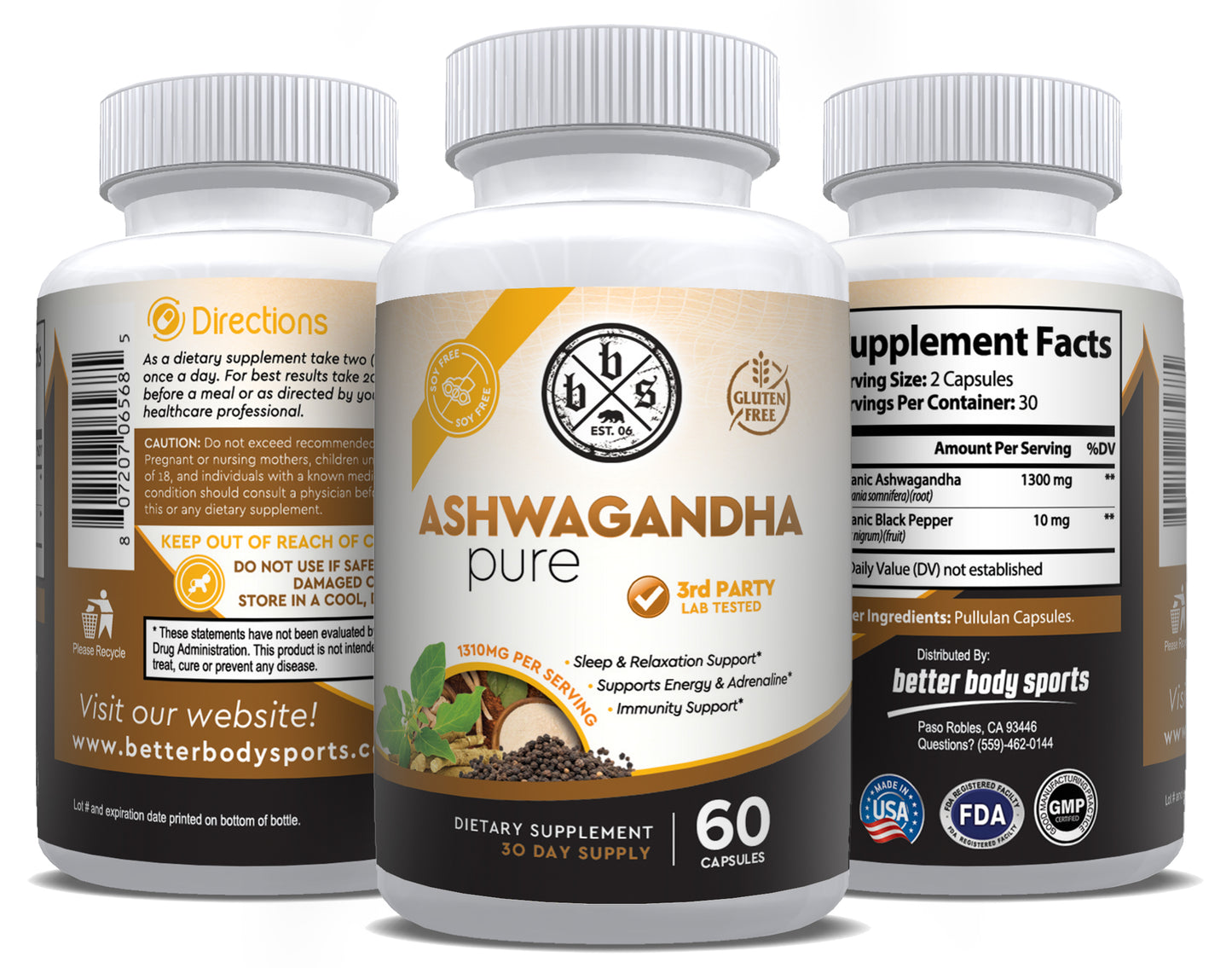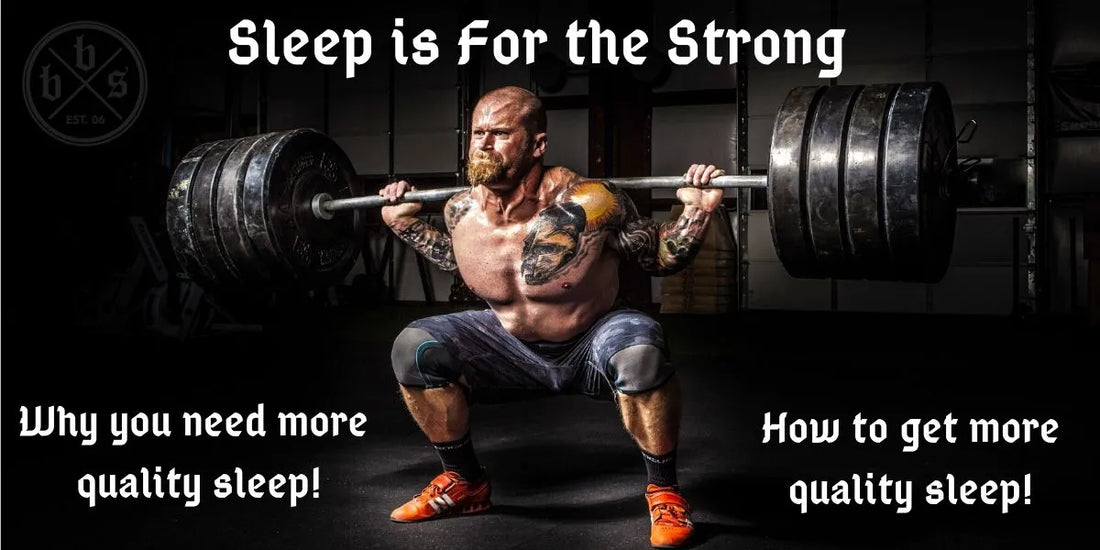
Sleep is For The Strong
Share
Six out of every ten people who visit a doctor admit to struggling with sleep. This number is wrong. You may instinctively believe that a more accurate number would be less lack of sleepers, but it is actually more.
The people who admit to poor sleep, are actually aware that they are not getting enough rest. It may be due to tossing and turning, frequent trips to the bathroom, a mind that won’t settle or a number of other reasons. For all, they can only acknowledge this because they are in fact awake. But just because you fall asleep and do not wake up till morning, does not mean you are getting good sleep.
REM (rapid eye movement) sleep is a necessary part of quality rest that only exists when you are deep asleep. You can be asleep upwards of 12-hours and still not achieve a depth of sleep that gives you this vital component. The purpose of this article is to help you reach more of this level so that you are more alive the following day.
Why You Need to Sleep For Life
Without proper rest, many people function like an 8-year old computer that has been left on for a week. Sure, it might work OK, getting the job done, but the effectiveness and speed at which is accomplishes a task limit the pace that it can be used.
The other people function like a 3rd grader where even though they have inherently know the multiplication and division symbols, the work the problems making silly mistakes that cost them time, energy, and for adults…money.
Both people types are being less than their best and with easy changes to their sleep routine, can improve the speed and accuracy to their life.
Why You Need Sleep For Fitness
Every workout you perform that is moderate to high intensity will require an additional hour to hour and a half of sleep.
Most people over-train which is placing an unnecessary burden of more sleep required. Make sure your training an accurate amount for your goals so that you are not adding to the problem.
When lifting weights, you not only breakdown your muscle tissues but the breakdown is also systemic. Systemic means the entire process of your body. It includes your adrenal glands, cognitive ability, kidney function, and a host of other necessary processes. Sure, getting enough protein to recover the muscles may be a good idea, but it does not solve the systemic strain.
To systematically recover, the number one thing you can do is get enough quantity and quality of rest. We do not have a complete off-mode to our systems like a computer but this is as close as we will get. This reduced power allows for the slowing of many processes and clears the way for recovery to occur.
What this means for fitness, is that with enough rest at the depth of level you need, you will be stronger, more muscular, and leaner than you would without it. If these three are not convincing, then it is apparent your concern for your level of fitness is not what it seems. However, since you have read thus far, I’d say you are ready to make the changes.
The reality of our lives
As a father of 5, I fully understand and recognize that a perfect sleep routine is not possible for all people. There are times in our lives where we must sacrifice for the good of others. This may mean restless nights where we care for a child, or getting less than our best sleep because we are having to work 16 hour days. So with the recommendations to follow, I want us all to keep in mind that we should do the best we can with the hand we have been dealt.
At the same point, I want to be sure that I emphasize that we should not create a self imposed excuse about what is actually changeable. Your wall might prevent you from hearing this message clearly. Really consider the ideas to follow and seek the possibility of implementing them into your life. OK, let us continue.
Why You Need Low-Intensity
While I suggest that you do not excessively exercise, by taking complete off-days, you are going to reduce the quality of your rest. For this reason, you should begin to improve your sleep by rarely taking a day off. This seems a bit hypocritical doesn’t it? Getting a low-intensity workout in can actually aid in muscular recovery, and rather than requiring more sleep, will help you rest deeper.
Going for walks, certain things you do with your loved one, practicing your lifts, are all options for low-intensity exercise. The sedentary lifestyle is a death sentence to quality sleep. So make time for low-intensity exercise in your daily schedule.
Stop With the Stimulants
I love caffeine just as much as the next person. After periods of time away from the sauce, I’ve come to realize that it is almost medicine for me. Most people can seem improvements from moderate caffeine intake, but unfortunately our idea of moderate has greatly changed.
What is perhaps worse than our dangerously high dosages, is the fact that we take caffeine up until the end of the night. Often times, the late night caffeine crew will claim that it does not affect their sleep. These individuals need to re-read the first part of this article that brings awareness to the fact that you can be asleep and sleep poorly. Caffeine will do just that.
Caffeine has a half life of 8-hours without exercise and approximately 6-hours with exercise. This means that half of the caffeine content will still be roaming in your system at these times. People who commonly take pre-workout supplements at 5pm after work, will still have half of the caffeine content in their system at 11pm.
Since many pre-workout supplements these days have 400mg of caffeine, this means 200mg is still roaming around causing trouble while we sleep. As a comparison, an 8oz cup of coffee has 95mg of caffeine. These pre-workout users are doing the same thing as drinking 2-cups of coffee right before bed.
For this reason, as a starting point, we recommend that you take your last dosage of caffeine as early as possible. If you are not willing to listen to this statement, then at the very least cut back on the caffeine you take later in the day. I promise that you can still have a great workout without being dependent on high-stimulants to get the job done.
Stop the Blue Light
It began with a candlelight evening, setting the ambiance for romance. Ok, that isn’t exactly true. How it actually began, is with a breakthrough and led to my wife telling me how ridiculous I was. In the early days of the awareness that blue light has a negative impact on our sleep, there were not the tools that exist today. You basically had two options. Turn off any source of electrically charged lights or screens that produced blue light, or put on a pair of blue light blocking glasses. Without yet having a pair of these glasses, I gave the old candlelit house a try. Thankfully, at the time I only had a newborn baby because if I had all these kids running around in a barely lit house, we would have known all the local firefighters by name and on a personal level.
As commonly talked about as blue light is today, there is still a good chance that you have not heard about its impact, and a bigger chance that you are doing nothing about it. Blue light is real and it is not only here to stay, but it is becoming more and more a part of our lives thanks to all the lit electronic and smart devices we have in our homes. Live out in the middle of the wilderness, technology free, with the only light being by gas lit lamps, and you do not have this problem. Live in the modern world and the problem is not only yours but it is everyone in your household, including your children.
What is blue light? Scientific terminology is that it is a short wavelength of light that because of its short wavelength produces a high amount of energy. Remember, energy at night is not a good thing. We want to reduce anything that stimulates us when it is time for rest.
As I mentioned a simple solution is to find a pair of blue light blocking glasses and while this does a good job at preventing it from entering your eyes, light can still enter through your skin, which can alter your circadian rhythm, making it harder to go to sleep. Oh, and overexposure of blue light can be damaging to your skin as well, an important fact for those who are in search of “beauty sleep.”
At this point I need to stop, and tell you that you should simply do your best. This is a place where you might be unable to have the perfect blue light blocking formula, and I want you to know that it’s ok. You do not have to be perfect about everything in order to achieve your fat loss and fitness goals. Keep in mind the 80/20 rule, and if something is absolutely too difficult for you to change at this time, or is being prevented by someone else in your household, then let it go. He or she stopped me from getting my perfect night sleep is not a reason to break up with your significant other. Do your best and forget the rest.
*Stop the blue light is an excerpt from my upcoming book “Rethinking Fitness”
Start with Sunlight
The majority of the population follows the traditional day schedule which includes…
- Wake-up inside the house
- Drive to work inside the car
- Work inside the building
- Drive to home inside the car
- Spend the evening inside the house
This inside way of living is destructive to our sleep patterns. This without sun routine coupled with the fear of skin cancer, has caused us to have a societal epidemic of lacking in Vitamin D. This is so much true that the hospitals now give babies a supplement of Vitamin D due to mother’s “naturally” being low in this vitamin.
Vitamin D is literally free. We get it from exposure to the sun. We need it for a host of reasons but important for this conversation, is sleep. It has been shown that getting 10-20 minutes of direct exposure to sun, during the hours of 7-9 am, will improve the quality of your sleep. While this research is a good indicator, I am certain that other times of the day will be helpful as well.
Supplements for Sleep
Currently, I do not have a supplement to sell you. If one day I do, it will include these three ingredients that I believe firmly, are almost a requirement for today’s lifestyle. Our sleep suffers for one or all of the three reasons; lack of melatonin, over-stimulation, and tense muscles. These three supplement recommendations cover these reasons.
Melatonin: Often overdosed, melatonin is loved by some but hated by others. The proper dosage of melatonin is approximately .3mcg which is one tenth of what most people consume. Using a microdosed melatonin supplement will help replace the melatonin we lose due to inability for us to reduce our fight or flight response to where it would have been 200 years ago.
Gabatropin: Do you or someone you know suffer from unwanted thoughts at the end of the evening? It seems as if the moment we finally create some space in our brain, is the moment when our problems and to-do lists surface. I’ve found gabatropin helpful in returning my mind to relaxation and more pleasant thoughts.
Magnesium: Magnesium has been shown to improve sleep through relaxing the mind and body. Specifically it is suggested that magnesium helps with sore muscles (aka muscle’s relaxing). Magnesium deficiency is a growing concern in the United States and while we should first look to foods like chocolate which are rich in magnesium, supplementing at night can be a good idea for many people. I personally recommend magnesium in a ZMA (zinc, magnesium, and vitamin b6) formula but you are welcome to take it as a stand-alone as well.
Sleep is for the Strong
I know that many motivational speakers suggest that you should give up sleep to accomplish your goals. I’ve heard it and tried it myself as well. Sure, you might get more done today but sleep deprivation is causing us to make bad decisions, causes health issues, and is bad for our fitness. It is my hope that this article has convinced you to take your sleep serious.
Sleep strong my friends!

